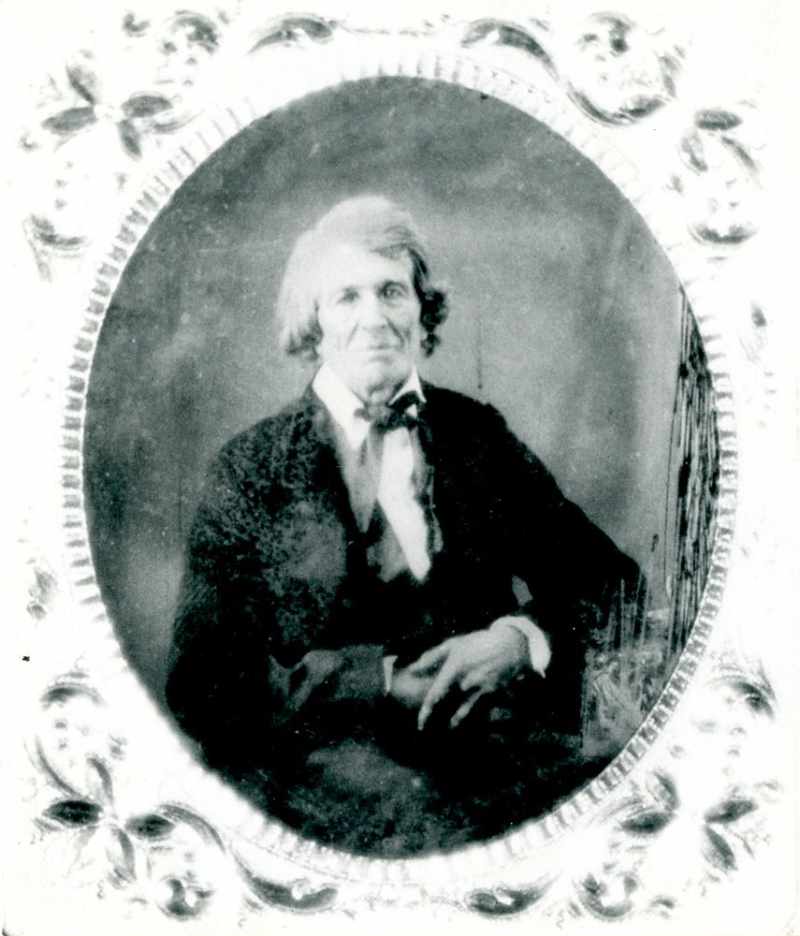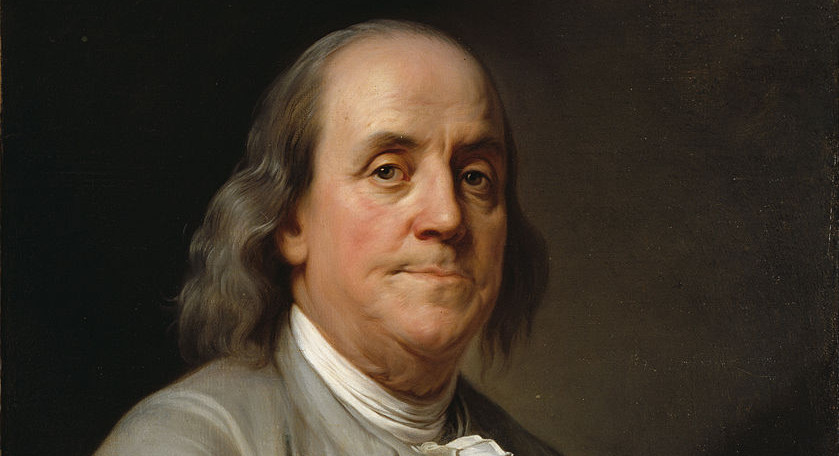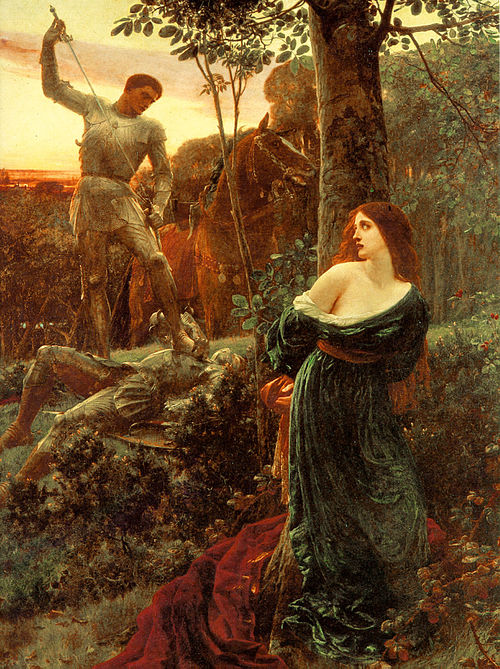The Tyrians having been much weakened by long wars with the Persians, their slaves rose in a body, slew their masters and their children, took possession of their property, and married their wives. The slaves, having thus obtained everything, consulted about the choice of a king, and agreed that he who should first discern the sun rise should be king. One of them, being more merciful than the rest, had in the general massacre spared his master, Straton, and his son, whom he hid in a cave; and to his old master he now resorted for advice as to this competition.
Straton advised his slave that when others looked to the east he should look toward the west. Accordingly, when the rebel tribe had all assembled in the fields, and every man’s eyes were fixed upon the east, Straton’s slave, turning his back upon the rest, looked only westward. He was scoffed at by every one for his absurdity, but immediately he espied the sunbeams upon the high towers and chimneys in the city, and, announcing the discovery, claimed the crown as his reward.
— Charles Carroll Bombaugh, Gleanings From the Harvest-Fields of Literature, 1869




